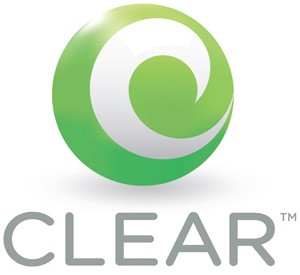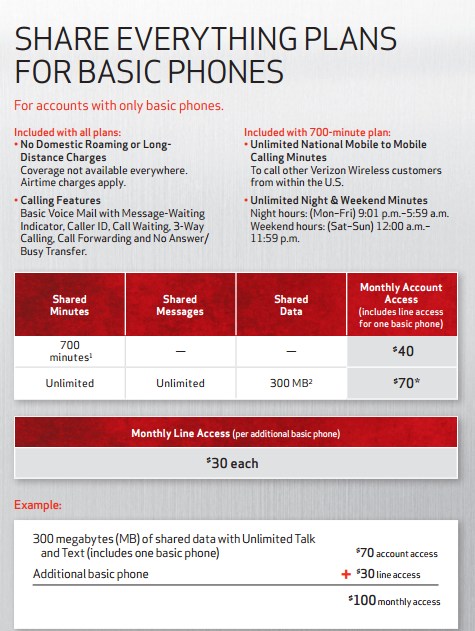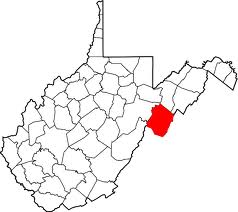 Sprint Nextel has allowed its majority share in Clearwire Corporation to drop below 50 percent in a strategic move to rebalance its voting and economic interest in the wireless partnership.
Sprint Nextel has allowed its majority share in Clearwire Corporation to drop below 50 percent in a strategic move to rebalance its voting and economic interest in the wireless partnership.
Clearwire runs the WiMAX 4G network Sprint sells to its customers, but America’s third largest cell phone carrier shares that 4G network with several other companies that resell access under various brands, including Time Warner Cable Mobile, Best Buy Mobile, and a range of smaller “MVNOs,” which mostly offer prepaid access.
Clearwire’s troubled existence forced Sprint to reduce its involvement and ownership in the company last year, when some analysts predicted the company faced imminent default on its debt. Had that happened, Sprint would have found itself inextricably tied to Clearwire’s fate as a majority owner, and could have been forced to help bailout the enterprise.
Clearwire has been trying to reinvent itself after Sprint declared it planned to construct its own 4G LTE network that would gradually replace the older WiMAX technology Clearwire uses. That news challenged Clearwire because Sprint in the largest user of the network, providing 9.7 million customers with access. Clearwire’s own retail service, under the Clear brand, has just 1.3 million customers. More than one-third of Clearwire’s income comes from Sprint.
As Sprint customers gradually depart from WiMAX, Clearwire is trying to find new markets reselling access to the older technology to prepaid startups and discount resellers including FreedomPop, NetZero, Simplexity, and most recently Jolt Mobile.
But even Clearwire understands the days of its WiMAX network are limited. The company plans to build its own TD-LTE 4G network to remain competitive, and will resell wholesale access to prepaid services and to larger concerns like Leap Wireless’ Cricket and Sprint as those companies work to gradually expand their own LTE networks.
 Clearwire believes their enormous spectrum assets could help smaller wireless companies fulfill demand for 4G service, particularly if those companies lack sufficient spectrum to fully provide the service themselves.
Clearwire believes their enormous spectrum assets could help smaller wireless companies fulfill demand for 4G service, particularly if those companies lack sufficient spectrum to fully provide the service themselves.
“We believe that, as the demand for mobile broadband services continues its rapid growth, Sprint and other service providers will find it difficult, if not impossible, to satisfy their customers’ demands with their existing spectrum holdings,” Clearwire indicated in its last quarterly report. “By deploying LTE, we believe that we will be able to take advantage of our leading spectrum position to offer offload data capacity to Sprint and other existing and future mobile broadband service providers for resale to their customers on a cost effective basis.” .
Clearwire plans to have 5,000 TD-LTE cell sites functioning by mid-2013 and quickly grow the network to 8,000 cell sites nationwide. Among the first cities expected to get the new LTE 4G service first are New York, Los Angeles, Chicago, and San Francisco.
[flv width=”640″ height=”380″]http://www.phillipdampier.com/video/Clearwire 4G LTE Trials Results 1-2011.flv[/flv]
Clearwire holds more wireless spectrum than any other American wireless company, with 150 MHz in the 2.5 GHz band in the nation’s top 100 metro areas. Unfortunately for them, their high frequency spectrum does not penetrate buildings as well as lower frequencies, such as 700MHz (Verizon & AT&T), making reception problematic indoors, especially in areas where signal strength is lower. Despite that, Clearwire believes its huge swath of spectrum gives it the ability to deploy extremely wideband 4G LTE service, which this video shows can support faster speeds. But the tests were conducted outdoors, where Clearwire’s network typically performs better. (2 minutes)


 Subscribe
Subscribe








